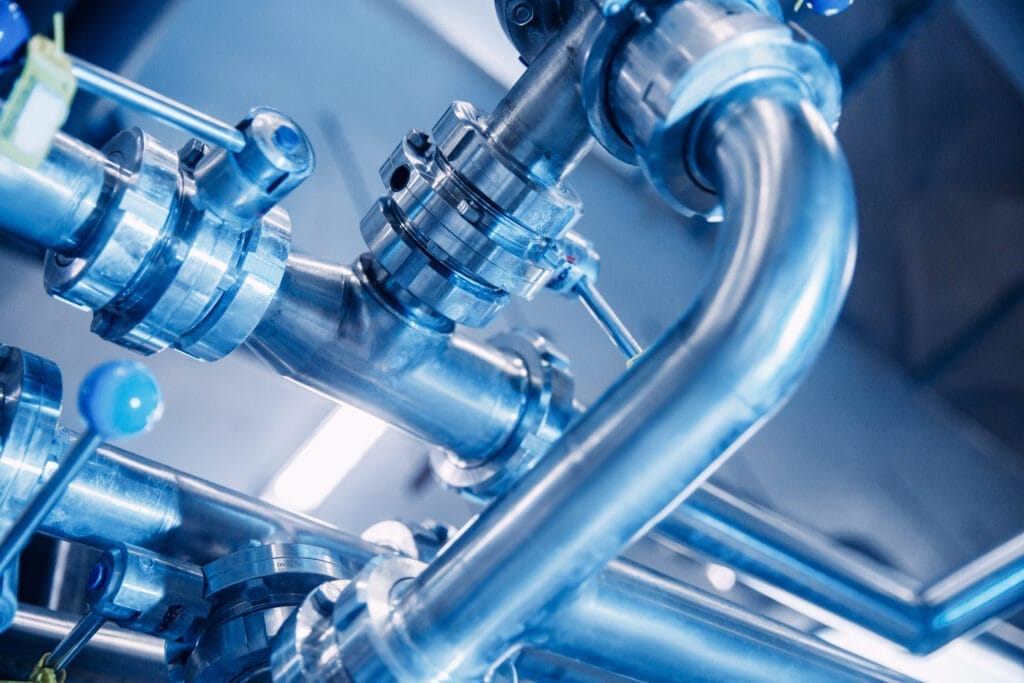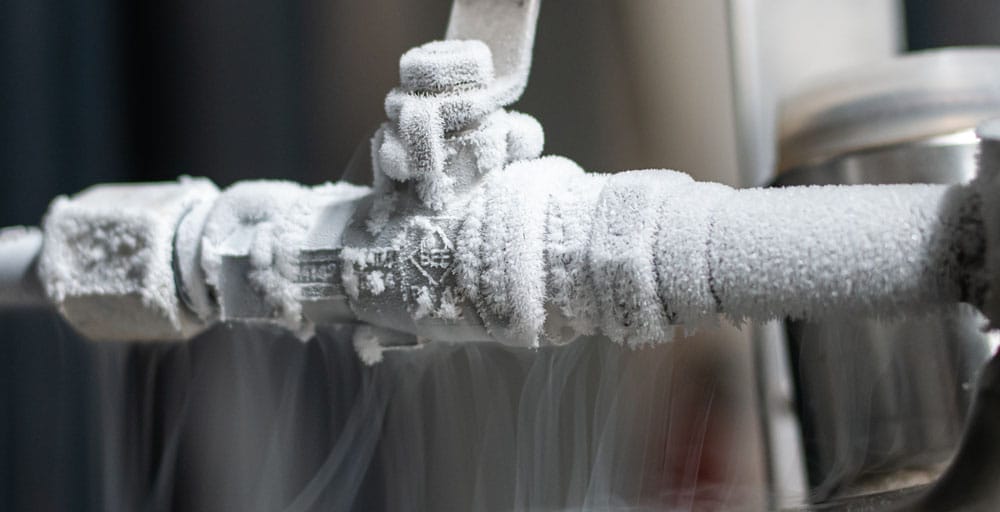
Wondering how to winterize your plumbing system to prevent freezing pipes? As winter approaches in Denver, Colorado, one of the biggest risks to your home’s plumbing system is freezing pipes. When water freezes inside a pipe, it expands, which can lead to burst pipes, water damage, and costly repairs. Taking the time to winterize your plumbing system now can save you a lot of trouble once temperatures drop. Here’s how to prevent frozen pipes and keep your plumbing system safe during the cold Colorado winters.
1. Insulate Exposed Pipes
One of the most effective ways to prevent freezing pipes is to insulate any pipes that are exposed to cold temperatures. Pipes in unheated areas like basements, crawl spaces, garages, or exterior walls are especially vulnerable. Use foam pipe insulation sleeves or heat tape to cover exposed pipes, which helps keep them warm even when temperatures plummet.
2. Seal Gaps and Cracks
Cold air entering your home through gaps or cracks can increase the likelihood of pipes freezing. Inspect areas around windows, doors, and your home’s foundation for gaps where cold air might be seeping in. Seal these openings with caulk or weatherstripping to keep the cold out and the warmth in. Additionally, check areas around pipe entry points, like where pipes enter your home, and seal any cracks there as well.
3. Disconnect and Drain Outdoor Hoses
Leaving hoses connected to outdoor faucets during freezing temperatures can cause water inside the hose to freeze, leading to burst pipes. Disconnect all garden hoses and drain them before storing them away for winter. Once hoses are disconnected, install frost-free hose bibs or cover outdoor faucets with insulated covers to protect them from freezing.
4. Let Faucets Drip During Extreme Cold
When temperatures drop significantly, allowing your faucets to drip slightly can help prevent freezing. Moving water is less likely to freeze, and a slow drip keeps water flowing through your pipes. Focus on faucets connected to pipes that are more exposed to the cold, such as those in basements, attics, or near exterior walls.
5. Keep Your Home’s Temperature Consistent
One of the simplest ways to protect your plumbing system is by maintaining a consistent temperature in your home. Set your thermostat to at least 55°F, even if you’re away from home for an extended period. Keeping the temperature above freezing ensures that warm air circulates around your pipes, reducing the risk of them freezing. It’s also a good idea to open cabinet doors in kitchens and bathrooms to allow warm air to circulate around pipes located along exterior walls.
6. Shut Off and Drain Outdoor Plumbing Lines
For homes with irrigation systems or outdoor plumbing features, it’s important to shut off and drain these lines before winter arrives. Locate the shutoff valve for your irrigation system, turn it off, and drain any remaining water from the lines. If you have a pool or outdoor water feature, follow the manufacturer’s instructions for winterization. This prevents any residual water from freezing and damaging your plumbing.
7. Install Pipe Heating Cables
In areas of your home that are particularly prone to freezing temperatures, such as basements or crawl spaces, you can install pipe heating cables. These cables wrap around the pipes and provide heat to prevent freezing. Be sure to follow the manufacturer’s instructions carefully to install them safely, and consider using this solution for pipes that are especially vulnerable to cold temperatures.
8. Know How to Shut Off Your Water
In the event that a pipe does freeze and bursts, knowing how to quickly shut off your home’s water supply can prevent significant water damage. Locate your main water shutoff valve and make sure everyone in your household knows how to use it. This is especially important for homeowners in Colorado, where winter storms can be unpredictable, and pipe bursts can occur when least expected.
Conclusion: How to Winterize Your Plumbing System to Prevent Freezing Pipes
Taking steps to winterize your plumbing system not only prevents freezing pipes but also protects your home from costly water damage. With Colorado’s cold winters, frozen pipes are a common concern, but with proper preparation, you can avoid the hassle and expense of dealing with burst pipes.
At Top Shelf Electric, Heating, & Plumbing, we offer professional plumbing services, including winterization and emergency repairs, for homeowners throughout the Denver metro area and Colorado Springs. If you need help preparing your plumbing system for winter, our expert team is here to ensure your home is ready for the cold weather.
Contact us today to schedule a winterization service or plumbing inspection!

